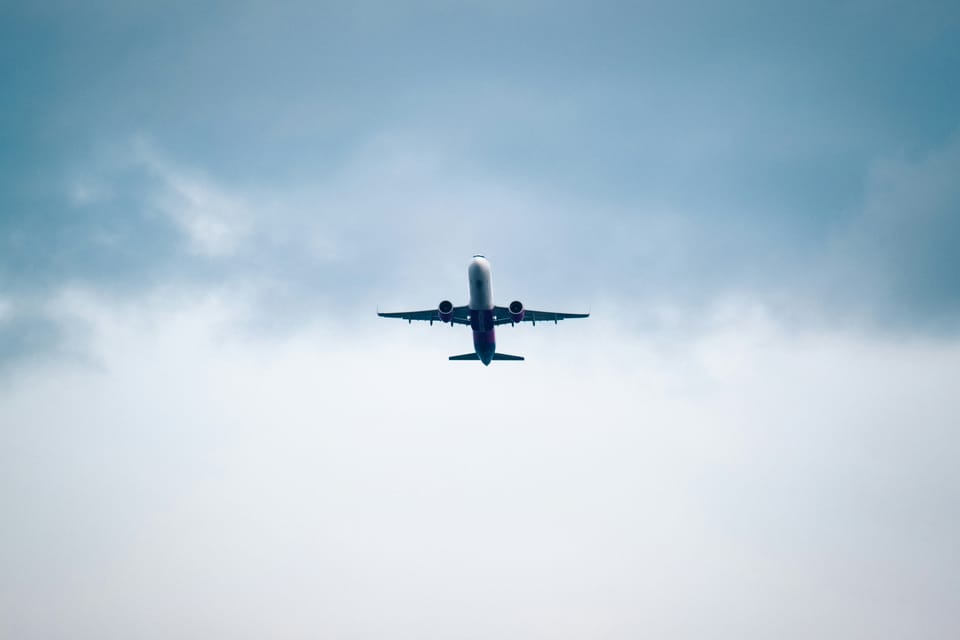Wizz Air launches SAF trial to prepare for EU mandate

Wizz Air is set to procure sustainable aviation fuel (SAF) at two European airports to test blends’ alignment with upcoming EU regulations mandating a minimum SAF content of 2% from 2025.
The Hungarian low-cost airline will purchase SAF to supply two of its major routes: Barcelona to Budapest, and Brussels Charleroi to Budapest, achieving an up to 5% SAF blend for the former and up to 10% SAF blend for the latter.
Spanish oil and gas firm Cepsa will supply up to 16 metric tonnes of pure SAF, distributed by World Fuel Services, at Barcelona Airport, and up to 18 metric tonnes at Brussels Charleroi Airport.
The fuel blend will be used on Airbus A321neo aircraft, which claim to burn 30% less fuel per seat than other, less efficient aircraft – with Airbus also providing technical support to Wizz Air to maximise the efficiency of SAF on these routes.
Staying ahead of aviation legislation
The goal of the trial is to test the airline and its suppliers’ ability to comply with the RefuelEU aviation initiative, which will mandate a minimum share of 2% SAF in aviation fuel supplied at a number of key European airports from 2025 – a percentage that will then increase to 6% in 2030 and 70% in 2050.
To prevent tankering, a practice through which airlines fill up with extra fuel at one airport to cover their return flight (and which would allow them to circumvent the SAF requirement), the law also states that at least 90% of the fuel required every year be purchased at the airports included in the scheme.
In addition to this, Wizz Air also has a public target of powering 10% of its flights with SAF by 2030.
Understanding passenger perceptions of SAF
The trial will also involve a passenger survey to understand consumer awareness of SAF and other sustainability initiatives in aviation. Survey results will be shared publicly to support the sector’s sustainability and communication efforts.
Yvonne Moynihan, Wizz Air’s Corporate and ESG Officer, said: “It's crucial for all actors in the aviation ecosystem to play their part and join forces to reach the industry goal of net zero by 2050. Through this project, we are not only testing SAF operations but also gathering insights from our passengers on their awareness of levers to decarbonise aviation. Our valued passengers are key stakeholders in the value chain and their feedback will play a crucial role in shaping our future sustainability initiatives.”
Julie Kitcher, Airbus’ first Chief Sustainability Officer, added: “Fuel-efficient aircraft and SAF will provide the majority of the emissions reductions our industry needs to make by 2050, which is why working together - with partners like Wizz Air - to efficiently integrate SAF across airline operations is such an important step to be taking today.”







Member discussion